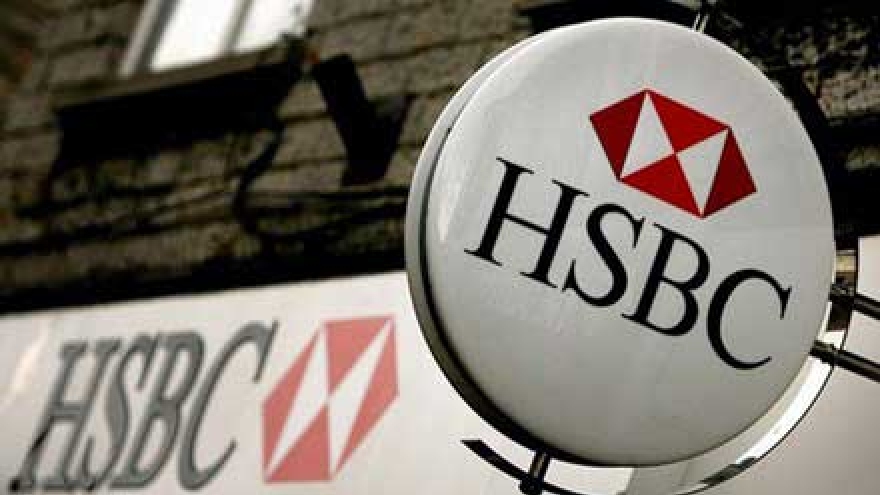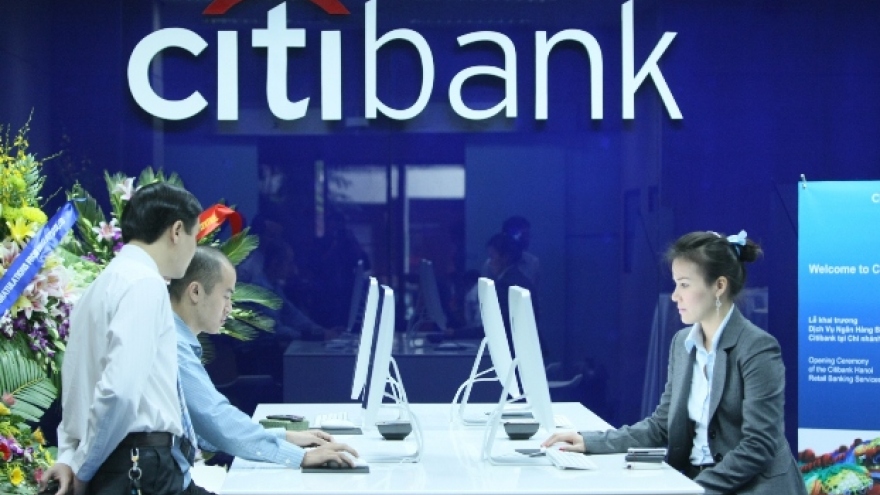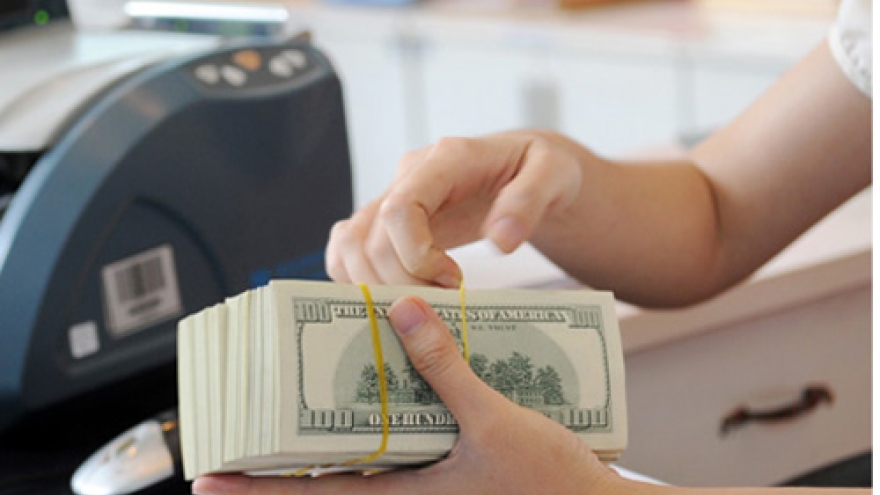Foreign banks warn of inflation risks in H2
Two major foreign banks active in Vietnam have warned of the upside risks to inflation in the second half of this year, giving limited scope for monetary easing.
 |
HSBC Bank in a macro economic report released recently has predicted that inflation would surpass the Government’s estimate of 5% this year.
Although headline inflation was stable in July, at 2.4% year-on-year, taking year-to-date inflation to 1.8%, it has been rising steadily through the first half of the year on higher food prices and healthcare premiums and is set to continue rising in the coming months.
Authorities plan to raise healthcare costs in the final months of this year as well as in the first half of 2017 and school fees in September. As in the past few months, unseasonably hot weather may continue piling pressure on food inflation. Furthermore, credit growth, which reflects solid domestic demand, is forecast to surpass the target of 18-20%.
“Against this backdrop, the statistics office expects 2016 inflation to beat the Government’s estimate of 5%,” the bank said.
“The upside risks to inflation also mean that the room for monetary easing is rather limited. In fact, in the third quarter of 2017, we think the State Bank of Vietnam (SBV) will likely raise the open markets operation (OMO) rate by 50 basis points to 5.5%, to rein in inflation.”
Meanwhile, Standard Chartered Bank in its on August 9’s report also projected inflation to edge higher in the second half of 2016, although it is unlikely to cause concern.
Headline inflation was at or below 1% in 2015 and has edged up since the second quarter, primarily on a low-base effect. Inflation was 2.39% year-on-year in July on higher foodstuff inflation and rising health-care costs.
Food inflation was negative through 2015 and the first quarter of 2016, but turned positive in the second quarter on higher foodstuff inflation. Transport inflation, however, remains negative, keeping a lid on headline inflation.
Core inflation, which which excludes food, energy, healthcare and education services prices, remains benign at less than 2% and is likely to stay low in the near term. Standard Chartered expected headline inflation to rise in the second half on stronger domestic demand and last year’s low base and forecast average consumer price index (CPI) inflation of 3.4% year-on-year in the second half 2016 and 2.6% in 2016, and an average 4% in 2017.
Besides, the bank said the Vietnam dong has continued to demonstrate extraordinary resilience, despite broader post-Brexit market volatility.
The U.S. dollar-dong fixing has been steady, not exceeding VND21,900 since early June, while the U.S. dollar-dong spot has been steady at around VND22,300. This is despite Chinese yuan weakness, the previous SBV moves were concurrent with increased yuan volatility.
Standard Chartered expected dong resilience to continue in the second half. The greenback is projected to rise towards VND22,500 at the end of the third quarter before ending the year at VND22,400.
As for fiscal easing, HSBC said the space for it is also constrained. A lack of progress on revenue expansion, coupled with weak oil prices, means the budget deficit is likely to remain high, limiting the Government’s ability to boost capital expenditure.
This year, HSBC forecast the budget deficit to widen again to 6.6% of gross domestic product (GDP), causing the public debt-to-GDP ratio to approach the ceiling of 65% as approved by the National Assembly.
Figures of the Government in May showed Vietnam’s public debt was equivalent to 62.2% of GDP.
Regarding economic performance, Standard Chartered said the severe impact of the recent drought would continue weighing on the country’s economy and agricultural sector. Slower agricultural growth may offset strong manufacturing growth and increased construction activity.
The bank, therefore, projected this year’s GDP growth to stay at 6%, far below the Government’s target of 6.7%. But it said the growth outlook remained optimistic.



